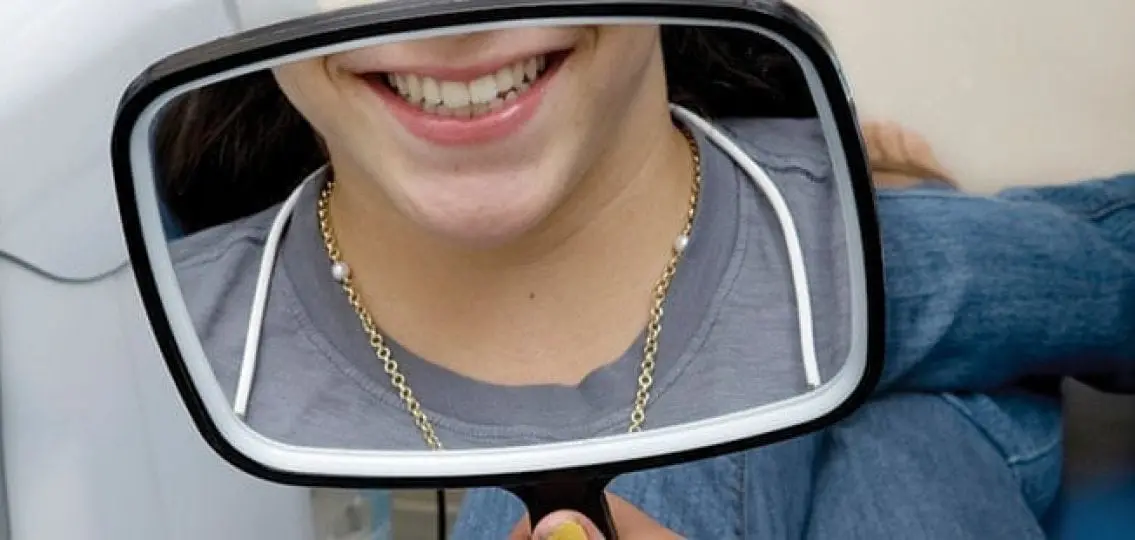Teens and tweens may not always admit it, but they care about the health and appearance of their teeth. Braces can play a big part in both. But what if going to the orthodontist gives your child a severe case of anxiety? We spoke with Dr. Bomeli, D.D.S., M.S., of Solon Orthodontics in Solon, Ohio, about treating anxious patients.

Q: Why are some kids anxious about going to the orthodontist?
Bomeli: Getting braces often comes with feelings of fear about the unknown. Your child has never had treatment before, and they don’t know what to expect. They may have heard scary stories from friends or siblings who may be embellishing their own experiences a little. Sometimes kids take their cues from parents, who may also suffer from their own anxieties. We also have some patients who may have disabilities or are on the autism spectrum, and they may have tactile concerns about the feeling of something in their mouth.
Q: What are some of the specific anxieties patients have?
Bomeli: Usually it’s not knowing what’s going to happen. It may be seeing a sharp or scary-looking instrument on the tray. Some kids are scared of shots. They are always relieved when I assure them that there are no needles in my office and they will never get a shot from me. It may be noisy equipment, or the fear that something is going to hurt. Some patients are scared that they will gag or vomit when we take teeth impressions because someone else has told them about their own experience.[adrotate banner=”30″]
Q: How can you make treatment more comfortable for these patients?
Bomeli: We find that walking these patients through every step of the treatment really helps with anxiety. We have brief 30- or 60-second animated videos that show them exactly what we’re going to do on that visit. They can touch any instrument on the tray if they’re worried about sharp objects. We have a small handheld mirror at every chair, and some patients really feel reassured if they can hold the mirror and watch what we’re doing, to see exactly what’s happening. My own daughter is currently receiving orthodontic treatment, and some patients are relieved when I tell them she has this same issue with her teeth, and this is exactly the same procedure that I’m doing with her.
Q: Are there any other ways you can help patients get over their anxiety?
Bomeli: We try to do whatever a patient needs to meet them wherever they are anxiety-wise, and we have a variety of techniques we use. With many anxious kids, being involved in even minor decision-making can help them relax. We distract patients, whether it’s by asking them to lift their leg or talking about movies or sports. They’re welcome to listen to their own music with headphones if that helps. Some patients may have sensory issues and may not like the feel of cotton rolls in their mouths. So we will offer options other than cotton that feel different in the mouth.
Q: Should parents inform an orthodontist if their child is anxious?


Q: What can parents do to help anxious kids?
Bomeli: I really encourage parents to have an open mind, even if they didn’t have a great experience with dental or orthodontic care themselves. Kids really take their cues from parents. When parents are encouraging, positive, and optimistic, kids usually have a better outlook as well.




